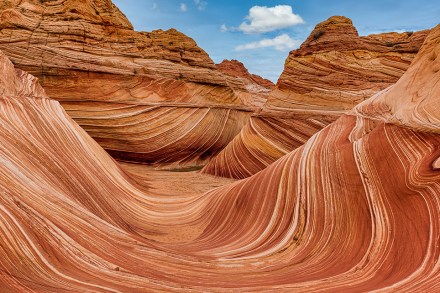Whoever imagined that geology was a lifeless subject?
Rocks are still and lifeless things, and geologists are men with beards whose emotional bandwidth is taken up with an unnatural attachment to cherts and clasts and the chill beauty of the subducted lithosphere. Such is the stereotype. The academic geologist and New Yorker contributor Marcia Bjornerud has managed to go a fair distance towards dispelling it. In her previous book, Timefulness, she wrote for the general reader and with persuasive lyricism about readjusting our focus to thinking in geological time. Compared with Mars or any of the known planets, Earth’s surface is a riot Now, in Turning to Stone, she looks back over a lifetime of teaching geology in



